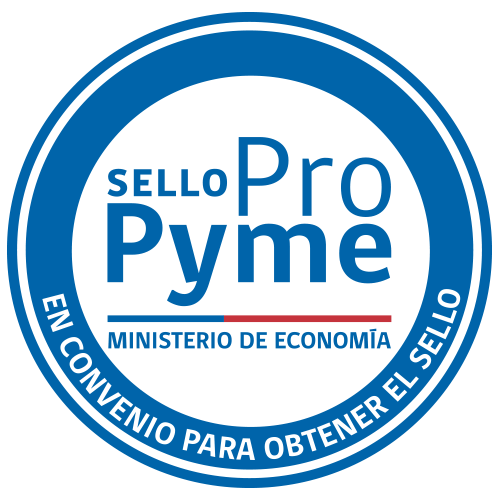5.1 Our Suppliers and Contractors
[G4-DMA] Work performed by our suppliers and contractors is essential to our business development; accordingly, we have developed relationships based on trust and responsibility with our suppliers and contractors since these companies carry out a considerable amount of our maintenance and operational activities as well as those related to developing our megaprojects.
The fact that we have a Labor Relations division in charge of managing contractor relations speaks to the importance and concern we attribute to these stakeholders. In order to ensure greater transparency, efficiency and competitiveness of bidding processes, Metro also has a Procurement Policy, and a Corporate Acquisitions Manual.
-

Likewise, at Metro we are concerned with securing long-term relations with our suppliers and contractors. To this end we make an effort to contribute to the economic sustainability of the small- and medium-sized enterprises with which we do business, and, as such, we have been awarded the Pro SME seal (Sello ProPyme) certifying that the company pays the invoices of smaller suppliers within 30 days or less.
Supply Chain
[G4-12] Our supply chain consists of a plethora of activities involving crosscutting aspects ranging from planning and building new lines to operating and managing non-tariff business services.
Our Contractors
In 2016 we worked with a total of 12,073 contractor workers under 133 contracts in effect for new line operations and construction. We have a total of 71 operations-related contracts with 53 companies, who subcontract 5,907 workers.
Regarding Line 3 and 6 construction projects, we awarded 62 contracts for a total of 6,166 contractor workers.
Our Suppliers
[G4-12] At Metro we work with suppliers in two areas: goods acquisitions and services acquisitions. In 2016, we registered a total of 1,254 suppliers broken down as follows:
- Goods: 823 suppliers
- Works: 22 suppliers
- Services: 409 suppliers
Our procurement practices are based on our Procurement Policy and Procurement Manual. The latter governs our departments’ procurement procedures.
Moreover, we are constantly looking to add new suppliers to our roster in order to encourage competitiveness and excellence. The procurement process is led and overseen by the Procurement Division.
In 2016 we launched a program aimed at improving our acquisitions and logistics practices, including the identification of key suppliers and an operational review.
Supplier and Contractor Satisfaction Survey
As a company we are constantly concerned with improving internal processes that have an impact on our supplier and contractor relations. To this end we’ve launched a survey to determine the degree of supplier and contractor satisfaction with bidding processes.
The purpose of the survey was to determine how satisfied these companies are with the bidding process in which they have been involved.
The purpose of the survey was:
- to estimate overall net satisfaction of suppliers.
- to determine which factors identified in the survey have the greatest impact on global satisfaction.
- to analyze suppliers’ remarks on subjects surveyed.
- to identify improvement opportunities and rank them according to importance.
The methodology employed is quantitative and consists collecting data via an on-line survey aimed at service providers and contractors working with us in 2015. The sample consisted of 300 suppliers out of a total of 1,400.
Results obtained from the study allowed us to determine that 85% of suppliers surveyed were satisfied with Metro’s bidding process, while a mere 5.3% claimed to be dissatisfied with the process.
Generally speaking, we observed that the following areas represented the greatest opportunities for improvement: information about process completion, transparency of Metro Bidding procedures, and fines provided under bidding terms.
Finally, upon analyzing all aspects surveyed under this process, we concluded that overall satisfaction was 55.4%, and our suppliers and contractors gave us an overall grade of 5.1 on a scale of 1 to 7 for our bidding procedures.
We have used these results to draw up an action plan aimed at incorporating supplier and contractor recommendations into our procedures so as to improve the way we manage this matter.
Spending on Suppliers
[G4-DMA] [G4-EC9] In 2016 we spent a total of MM$ 821.377 on suppliers, which is 4% more than the previous year. Likewise, spending on international suppliers increased 8.7% from 2015 to 2016. Only 4% of our total pool of suppliers is international while 96% of our suppliers are domestic. The following is a breakdown of our 2016 spending on suppliers:
| Spending on Suppliers | 2014 (MM$) | 2015 (MM$) | 2016 (MM$) | % Increase |
|---|---|---|---|---|
| Domestic | 491.047 | 712.542 | 670.830 | 82% |
| International | 83.675 | 80.614 | 150.547 | 18% |
| Total | 574.722 | 793.156 | 821.377 | 100% |

